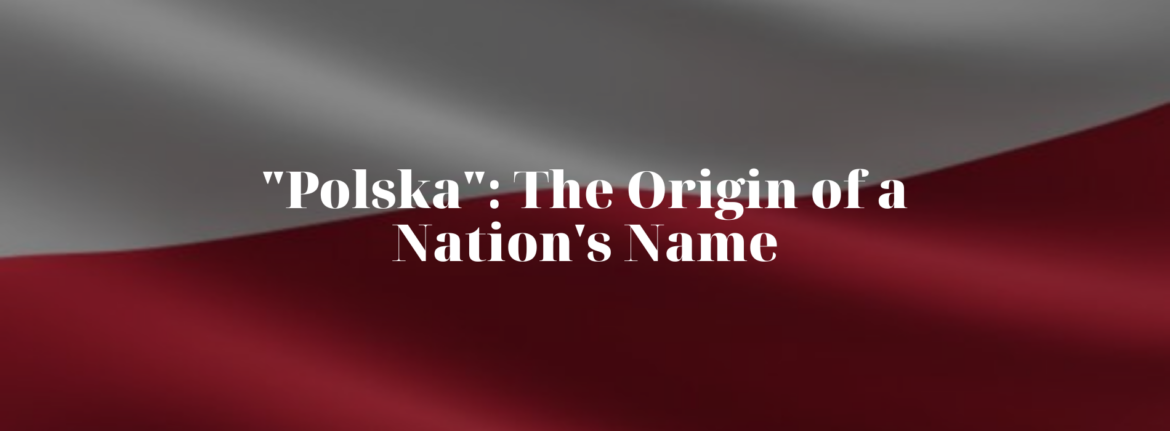The Early Roots
The term „Polska” is derived from the name of the Polans, an early Slavic tribe recognized for founding a settlement in the Warta River basin. The name „Polanie” itself roughly translates to „people of the field” or „people of the plain,” reflecting the tribe’s geographical location in the flatlands of what is now Greater Poland.
Formation of the State
The rise of the Polans in the 9th and 10th centuries played a crucial role in the formation of the early Polish state. The tribe was initially part of a federation of Slavic tribes but gradually gained prominence under the leadership of Mieszko I, the first historical ruler of Poland. Mieszko’s baptism in 966 AD is often considered the founding event of the Polish state. Under his rule, the disparate tribes of the region were united, laying the groundwork for the Polish state and nation.
Etymology and Evolution
The etymology of „Polska” can be traced to the Proto-Slavic root *pol’e, meaning „field” or „plain,” which aptly describes the geography of the area settled by the Polans. Over time, as the Polans expanded their territory and influence, the name came to denote not just their tribe but the entire nation.
The Name Through Ages
Throughout history, the name „Polska” has been adapted and altered by various languages. In Latin, the country was known as Polonia, while Germanic languages referred to it as Polen (German) or Poland (English). Each adaptation of the name, however, retains its fundamental connection to the early Polans.
Conclusion
The name „Polska” is more than just a geographic identifier; it represents the historical and cultural evolution of a people from a small Slavic tribe to a nation. It embodies the legacy of the early Polans and their pivotal role in shaping the identity of the modern Polish state.
